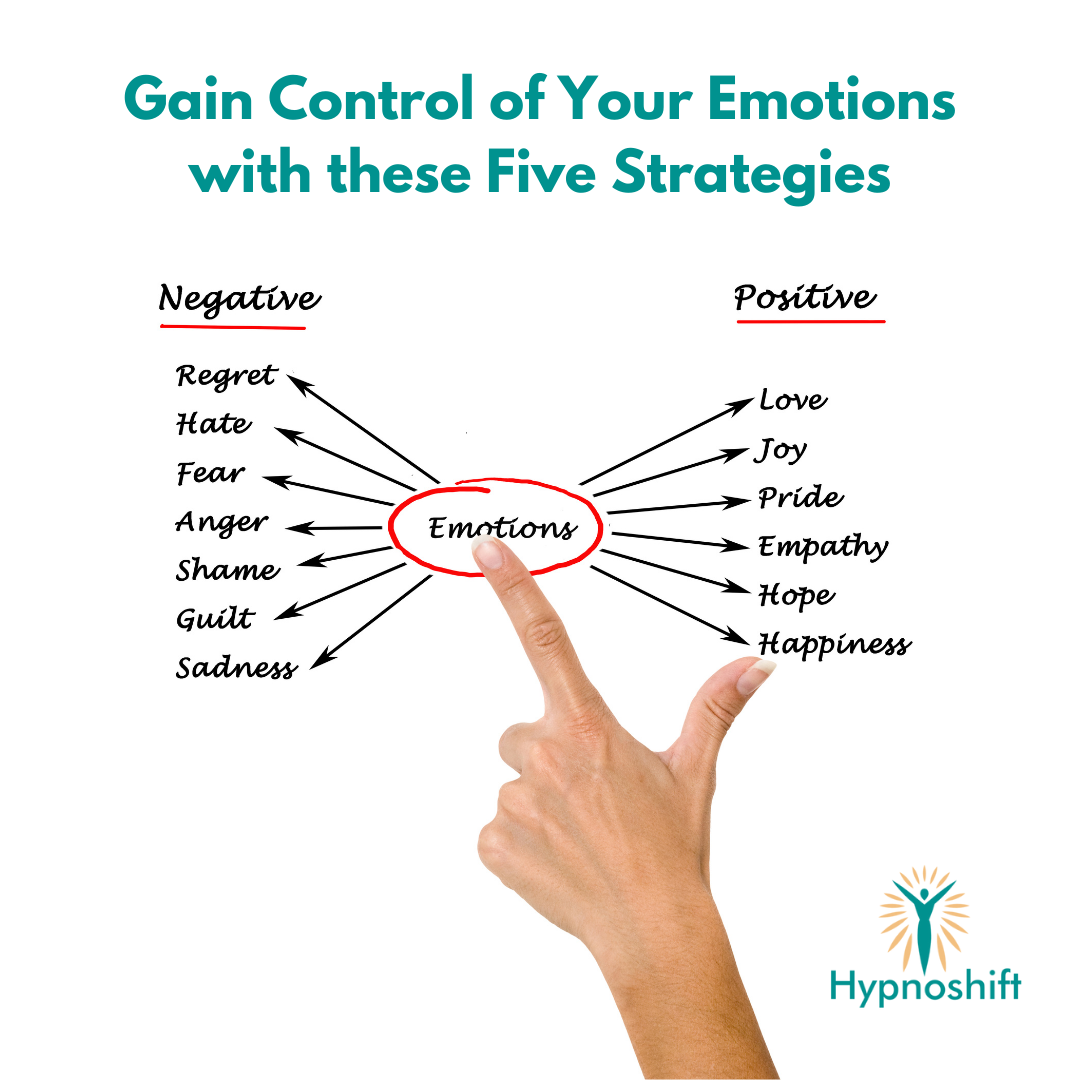
Learning to Control Your Emotions
For some of us, emotional responses come easily, while others find themselves struggling to manage their feelings. In the heat of an emotional meltdown, saying or doing the wrong thing can lead to significant consequences. A careless comment to your manager, for example, could jeopardize your job.
Gain control of your emotions with these strategies:
1. Recognize That Negative Emotions Are Temporary
Understand that negative emotions don’t last forever. If you’re angry about something now, chances are you’ll have moved on by next week or even tomorrow. Yet, in the moment, our emotions can overshadow the potential long-term consequences of our reactions. Who hasn’t acted impulsively in a moment of anger, only to feel regret later? Remember, while your anger, fear, or resentment will likely fade, a rash response can have lasting repercussions.
2. Examine Your Emotions
Learn to notice when you’re becoming emotional. When you feel a strong reaction, take a moment to ask yourself why. Label the emotion you’re experiencing and analyze the underlying reasons for it. Acknowledging your true feelings prevents you from rationalizing your behavior, which can lead to self-deception. By understanding why you feel the way you do, you empower yourself to take constructive action.
3. Create Space Before Reacting
Many emotional challenges can be mitigated by pausing before reacting. Getting upset isn’t something that simply happens to us; it’s something we do to ourselves. Allowing yourself a moment to breathe and reflect can prevent impulsive reactions that you might later regret.
4. Find a Role Model
Identify individuals who maintain their composure under pressure. Observe how they handle their emotions and ask them for advice. Learning from those who excel in emotional control can provide valuable insights and techniques to incorporate into your own life.
5. Find Healthy Ways to Release Negative Emotions
Our actions significantly influence our moods. If you find yourself feeling restless while watching TV, take a break. Go for a walk, pick up an interesting book from the library, or call a friend. Engaging in physical activity is an excellent way to release pent-up energy. Remember, you don’t have to passively accept your mood; you have the power to change it by taking action.
6. Alter Your Breathing
While emotions are often perceived as psychological, they also have a physical component. Every emotion manifests as physical sensations in your body. The one aspect of your physiology that you can control is your breathing. Pay attention to your breath during emotional responses and consciously change it.
Here are a few techniques you can try:
- Hold your breath for five seconds.
- Breathe deeply and slowly for 30 seconds.
- Inhale slowly and exhale even more slowly.
- Count your breaths and focus on the physical sensation of air moving in and out of your body.
If you’re accustomed to being ruled by your emotions, maintaining composure can be challenging. However, you have the ability to respond differently to your emotions and make wiser choices. Remember, negative emotions exist to inform us that something may be off, not to control us.
If you’d like additional support, feel free to reach out. Let’s discuss how I can assist you in achieving emotional balance. Book a FREE consultation now at www.hypnoshift.co.uk/book.
